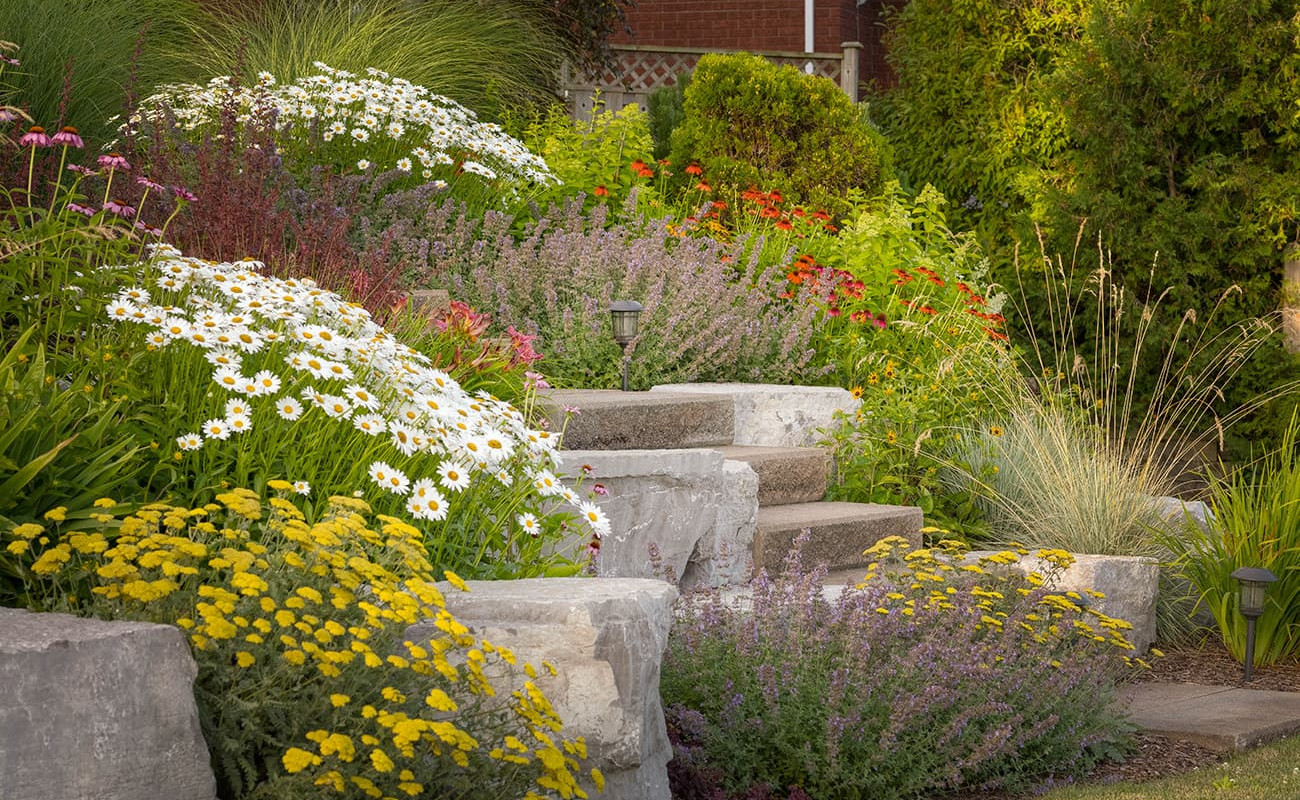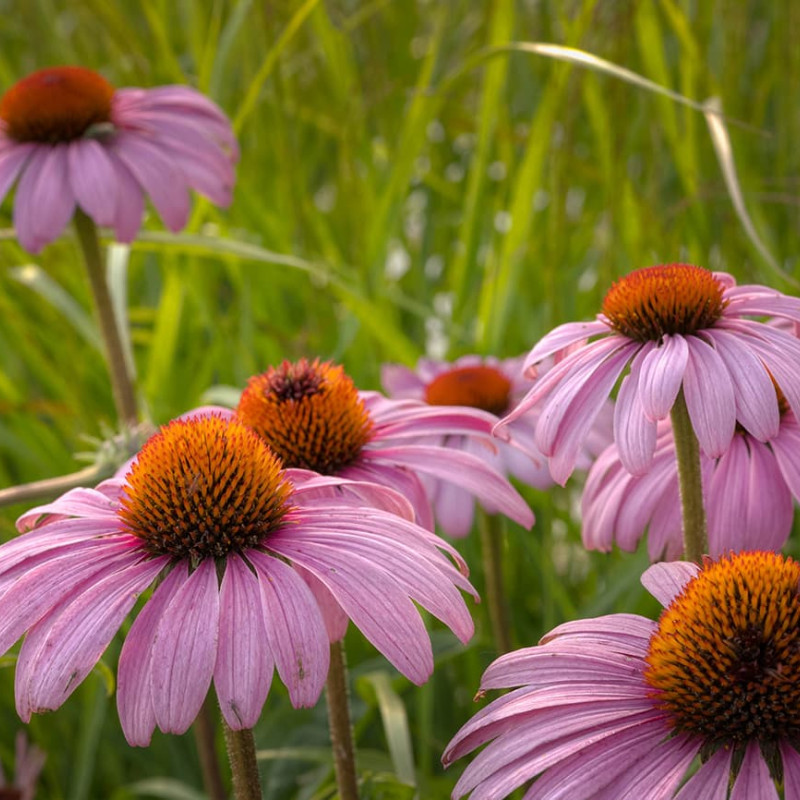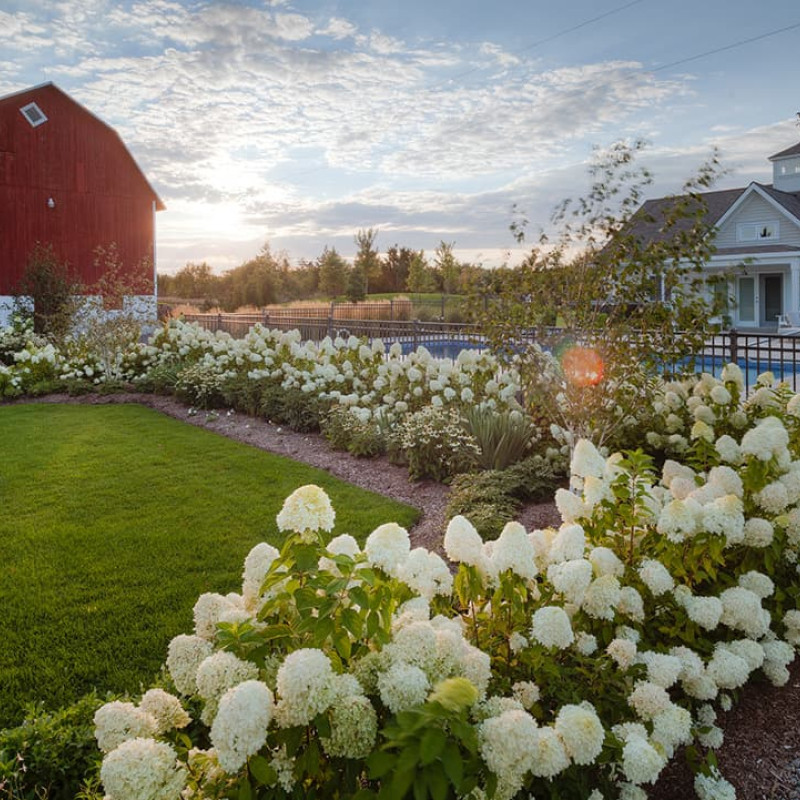Blog
Garden Trends in 2022: Part 1
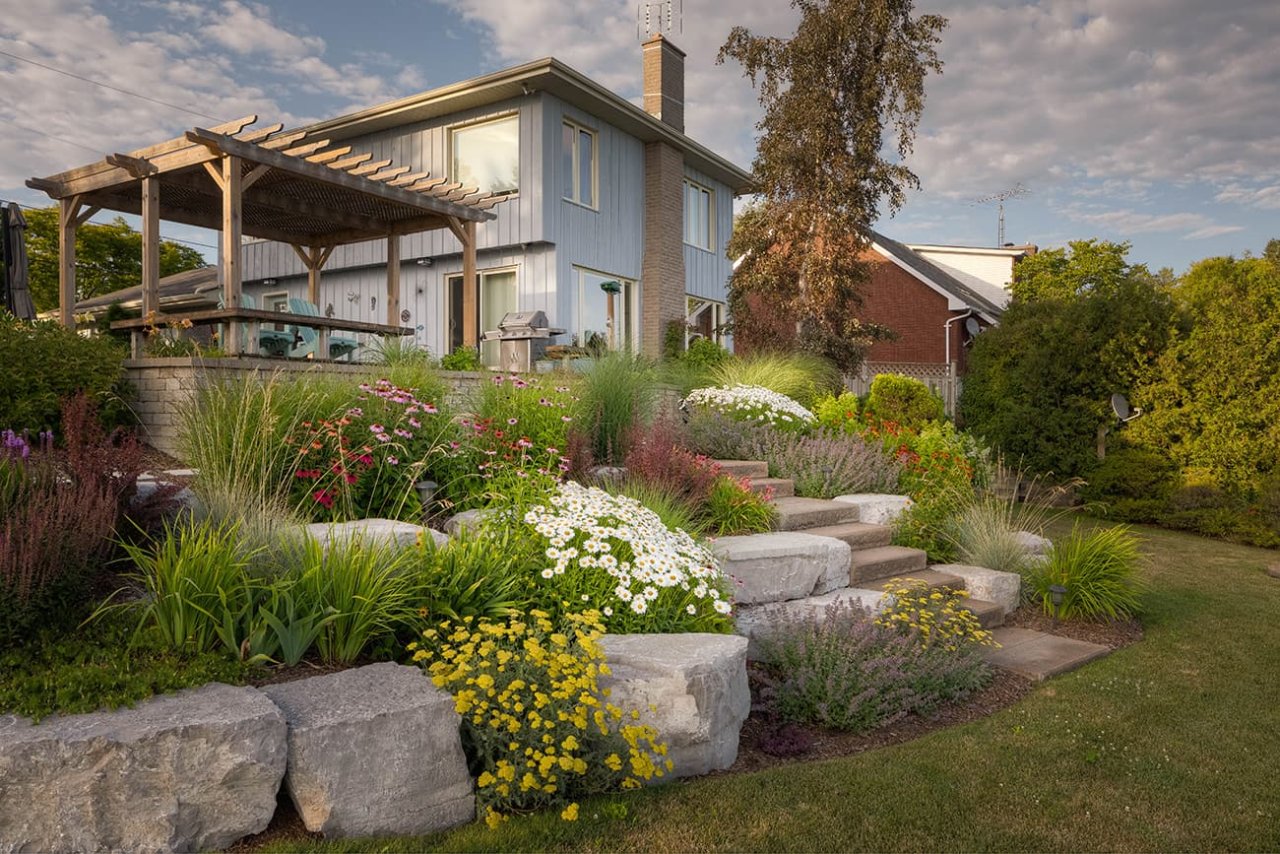
Eco friendly Gardens:
In our current climate it is important to carry out sustainable practices in our everyday life, our landscapes and gardens offer a perfect opportunity to do just this while increasing the health, beauty and bounty and our gardens!
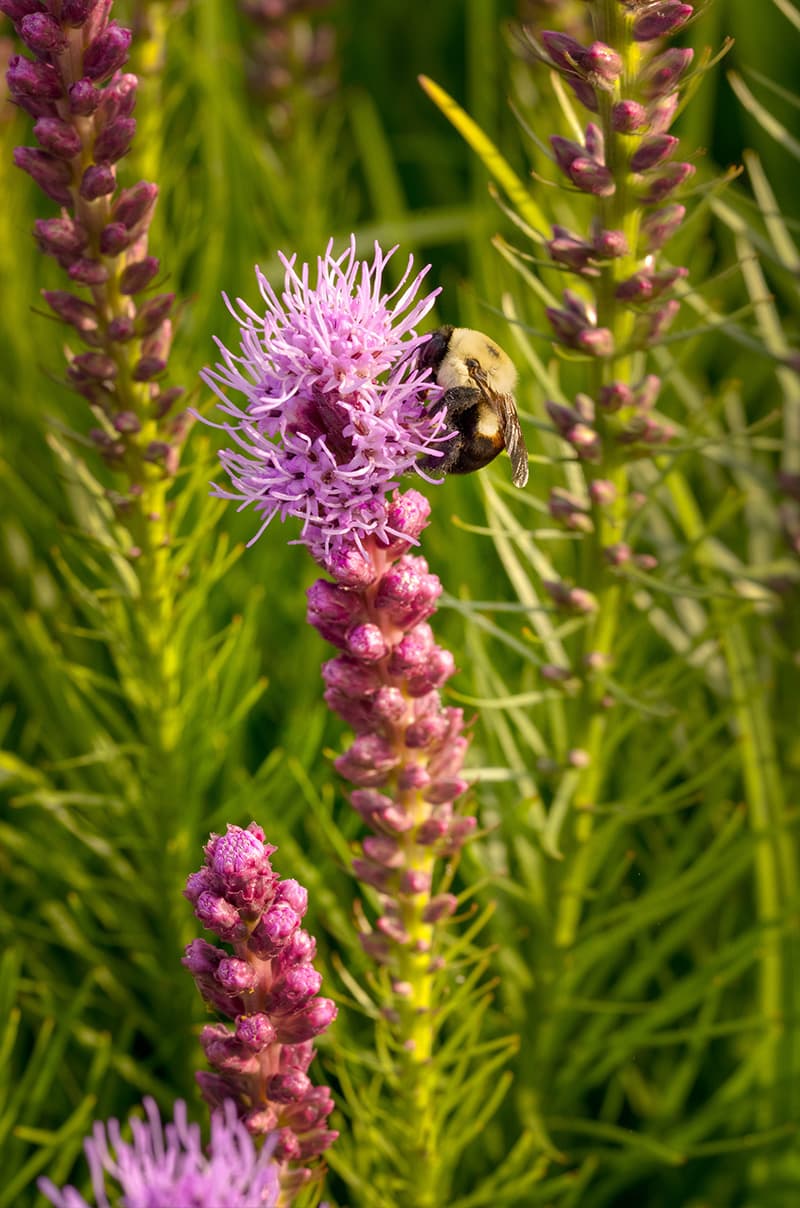 ]
]
1. Plant for pollinators:
The decline of bees and other pollinating insects is an alarming reality and is having serious consequences. Pollination is an essential process for plant reproductive cycles. 80% of plant species across the world depend on pollination and without it our ecosystem would not survive. One of the easiest ways to create an eco-friendly garden is to plant a wide variety of pollinator-friendly plants. Click here for a list of bee friendly plants
2. Start composting:
When people clean up their yards or prune their gardens they often put all of the clippings and debris in brown paper waste bags by the side of the road. But the easier and more sustinable solution to this is composting! Introducing compost to your garden will not only benefit your plants, it is also better for the environment. Compost acts as natural fertilizer reducing the need for expensive chemical fertilizers that are harmful to the environment. It also replenishes the nutrients in the soil which will help your plants to thrive. Composting also reduces the amount of waste, thus cutting methane emissions from landfills. So next time you clean up your lawn instead of throwing your yard waste away try and get into the habit of collecting your lawn debris, grass and garden clippings and let it compost. If you get really into it then you can even begin composting your kitchen scraps and concoct the perfect compost recipe by blending different types of compost:
- Brown (dead leaves, tigs...)
- Green (Kitchen scraps, coffee grounds, grass clippings...)
- Water
3. Plant more trees:
Planting trees is not only a great addition to your landscape design, but it also helps create a sustainable ecosystem right in your backyard. Trees provide many environmental benefits such as but not limited to: supporting biodiversity, maintaining soil health, managing and filtering rainwater, filters air pollutants and benefiting your property’s microclimate. Certain trees and plants are excellent at protecting your house and property from the elements. If using the right varieties and species and planted strategically, they can provide protection from wind, soil erosion, and intercept storm water runoff. They can also allow your home to warm naturally in the winter and keep it cool in the summer, keeping you comfortable and helping to alleviate the amount of energy your home uses on heating and air conditioning.
Posted: January 24th, 2022
View More Posts